Latest Posts in Solutions
As urban spaces like Mount Florida Bowling Club are bought to build private rentals, communities lose access to green spaces. Community Right to Buy is one way communities can reimagine belonging in urban spaces through community ownership. But one writer's research highlights deeper concerns of how the land reform movement leaves some communities feeling they don’t even have the right to be in public spaces.
The Glasgow Communities Fund is one of the few opportunities to source vital multiyear operational funding. Greater Govanhill is one of several community organisations in the neighbourhood to lose out this year, meaning your support means more than ever.
While community council meetings may seem dull, they give residents real influence. Low attendance risks losing our collective voice on local issues that shape a fairer, cleaner, more connected neighbourhood. One resident explores the topic further.
While community council meetings may seem dull, they give residents real influence. Low attendance risks losing our collective voice on local issues that shape a fairer, cleaner, more connected neighbourhood. One resident explores the topic further.
In 2021 hundreds organised in Pollokshields’ Kenmure Street, preventing the UK Home Office from taking their neighbours during a dawn raid. Five years later, filmmaker Felipe Busto Sierra, premiers, Everybody to Kenmure Street, at the 2026 Glasgow Film Festival, documenting the events of the day.
Join writer Cat Cochrane on a journey through the Southside's many salons and barbers as she gets to know the people behind the chair. In this edition, Cat sits down with the team at Roar Hair & Beauty salon on Pollokshaws Road.
From Victoria Road in Govanhill to Strathbungo, Pollokshields and Mount Florida, South Seeds explores Southside takeaway coffee, sustainability, pricing and waste, revealing how local choices can shape a greener Glasgow high street.
Eight prisoners on hunger strike in English prisons, detained over alleged actions in support of Palestine, may die, lawyers and family warn. Scottish politicians and campaigners call for urgent action, fair trials, and recognition of their plight.
Campaign group, Show Israeli Genocide the Red Card, gathered outside Scotland’s National Stadium, Hampden, last Sunday, opposing its new Barclays partnership. Protestors described the deal as “sportwashing” as the bank supports investments in Israeli military funding.
Founded in Govanhill in 2015, MILK began as a social enterprise café and has grown into a vital community space supporting refugee and migrant women, offering care, connection, advocacy and free wellbeing activities in a welcoming, volunteer-led environment.
Why are eviction notices rising and legal protections falling short, it’s leaving many tenants in Govanhill fighting to stay in the neighbourhood they love? Living Rent member, Ruby Dark, dives into the topic further, speaking to those affected.
Over 6500 have signed an open letter urging Glasgow City Council to scrap proposed Parking Control Zones, which could be amongst the UK’s priciest, in Shawlands, Strathbungo and Battlefield, warning their plans will cut spaces, harm businesses and disadvantage residents, while the council insists controls are needed to tackle existing parking pressures.
With the appearance of Saltire flags across Scotland, led by a nationalist group, a hybrid Saltire and Palestine flag began popping up around Glasgow, including Govanhill, in response. The flags have sparked both division and unity, raising conversations around migration, identity and solidarity in public spaces. Writer Zara explores the issue further in the latest edition of the magazine.
Did Glasgow’s Firework Control Zones reduce the annual Bonfire Night chaos — or just shift it to other neighbourhoods? Residents across Pollokshields, Govanhill and beyond share their experiences as the city questions how to curb noise, improve safety and balance long-held traditions.
Govanhill’s community council may not draw crowds, but it’s where real local change begins. From tackling fly-tipping to holding the city accountable, these monthly meetings give residents a voice. Here’s everything you need to know about your community council.
Stagnant wages, in-work poverty and inability to keep up with the cost of living all affect people in our neighbourhood. This Saturday, groups from across the country will come together as Scotland Demands Better, a campaign calling on the government to improve wages and invest in social security and services to protect people from poverty.
More than a century after Mary Barbour’s rent strike changed history, Glasgow is once again in a housing crisis. Reanne Sutton and Raymie Kiernan trace how our homes became commodities – and ask what it would take to put people back at the centre of housing.
Measles is making a dangerous comeback in Scotland, with rising cases linked to falling vaccination rates and international travel. Why is it resurging now and what can communities like Govanhill do to stop the spread?
A new community survey reveals that the majority of LGBTQ+ players in the Southside feel unsafe in mainstream football environments. But for those who’ve found queer football spaces, the game has become a source of joy, safety and belonging.
The Southside will come alive with colour, music and pedal power this Saturday as families join the city’s first ever Kidical Mass ride — a global movement turning streets into safe spaces for children to cycle, play and be heard.
Featuring a unicorn, Mothers Against Genocide, Latina dancers and trans rights activists, GIFC 25 started with a bang last Saturday with the carnival parade and festival in Govanhill Park. It has to be the most colourful day of the year, but there’s an important anti-racist message behind it all.
AI is no passing fad – it’s already embedded in everyday tech and growing fast. With concerns around ownership, safety and fairness, the challenge now is how we regulate it. David Doren speaks to people across generations to explore hopes, fears, and what comes next.
What does “digital inclusion” really mean? In this article, a digital support worker in Glasgow shares what it’s like helping people get online — from turning on devices to tackling the digital divide. Why digital exclusion is a growing crisis, and what we can do about it.

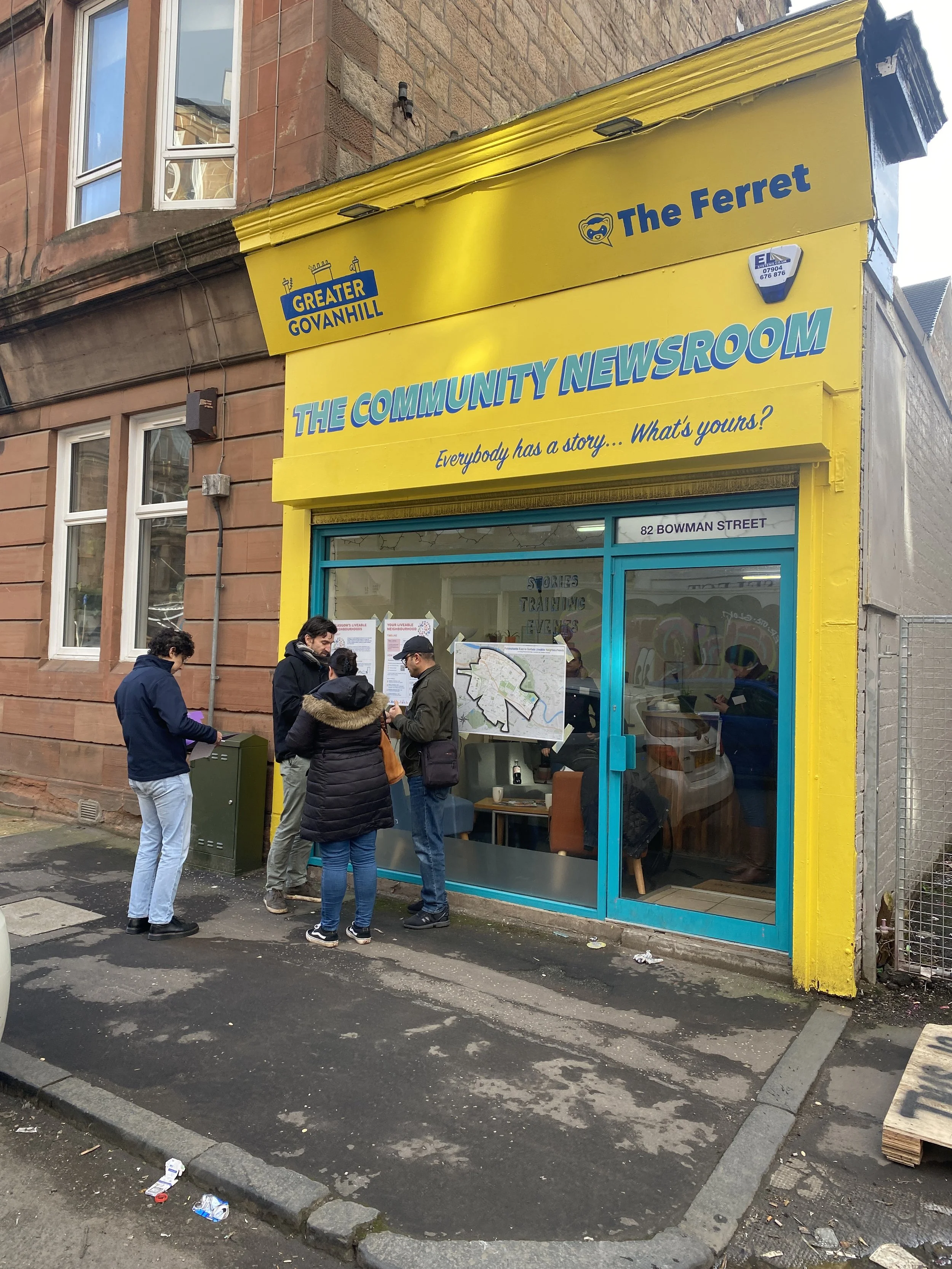

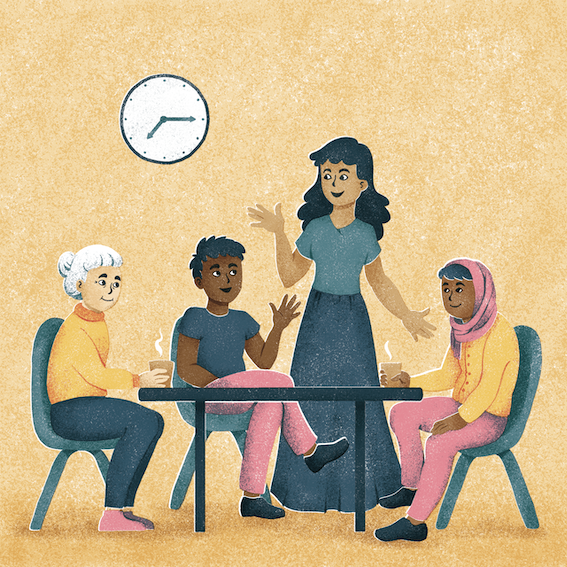
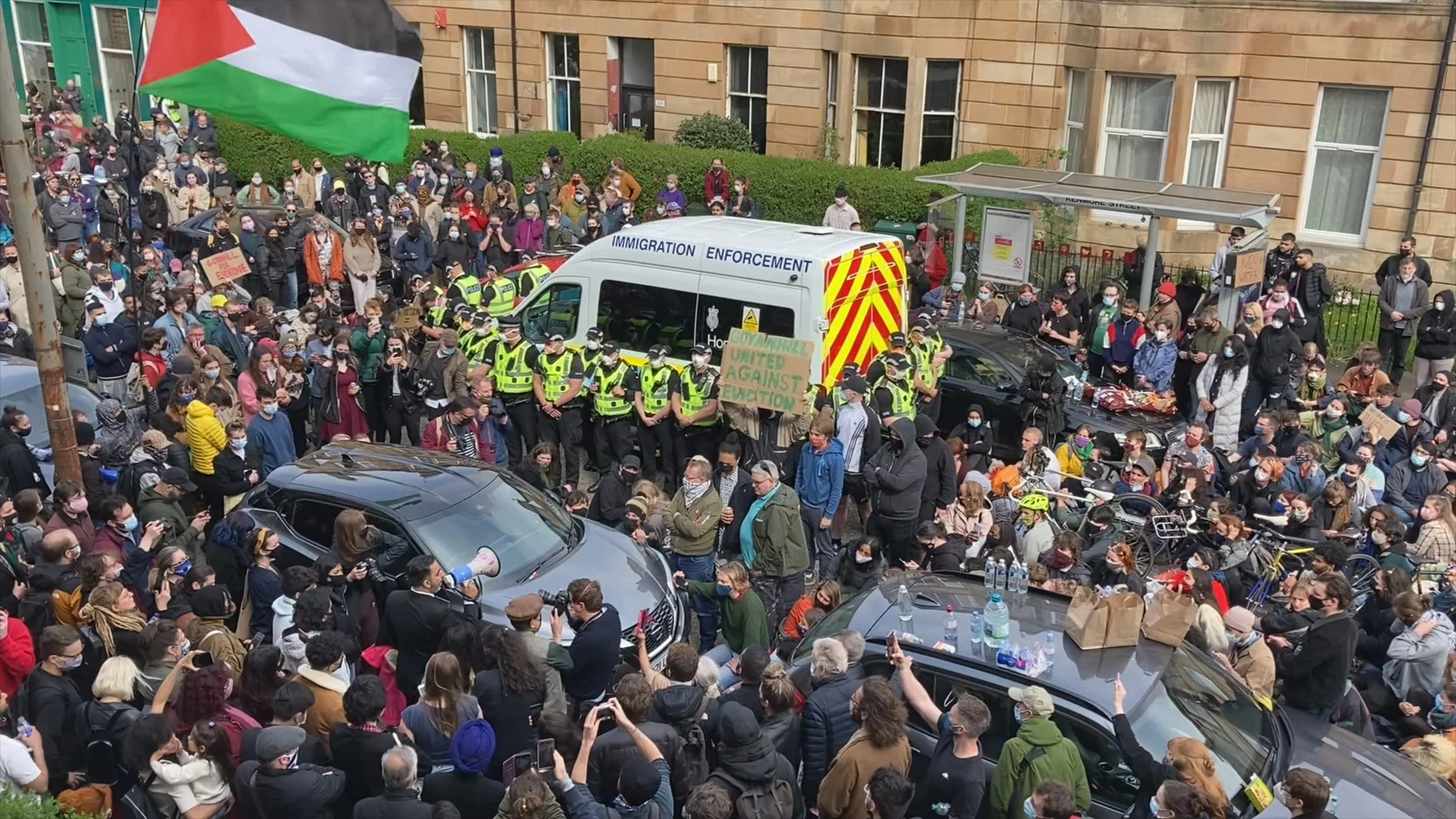
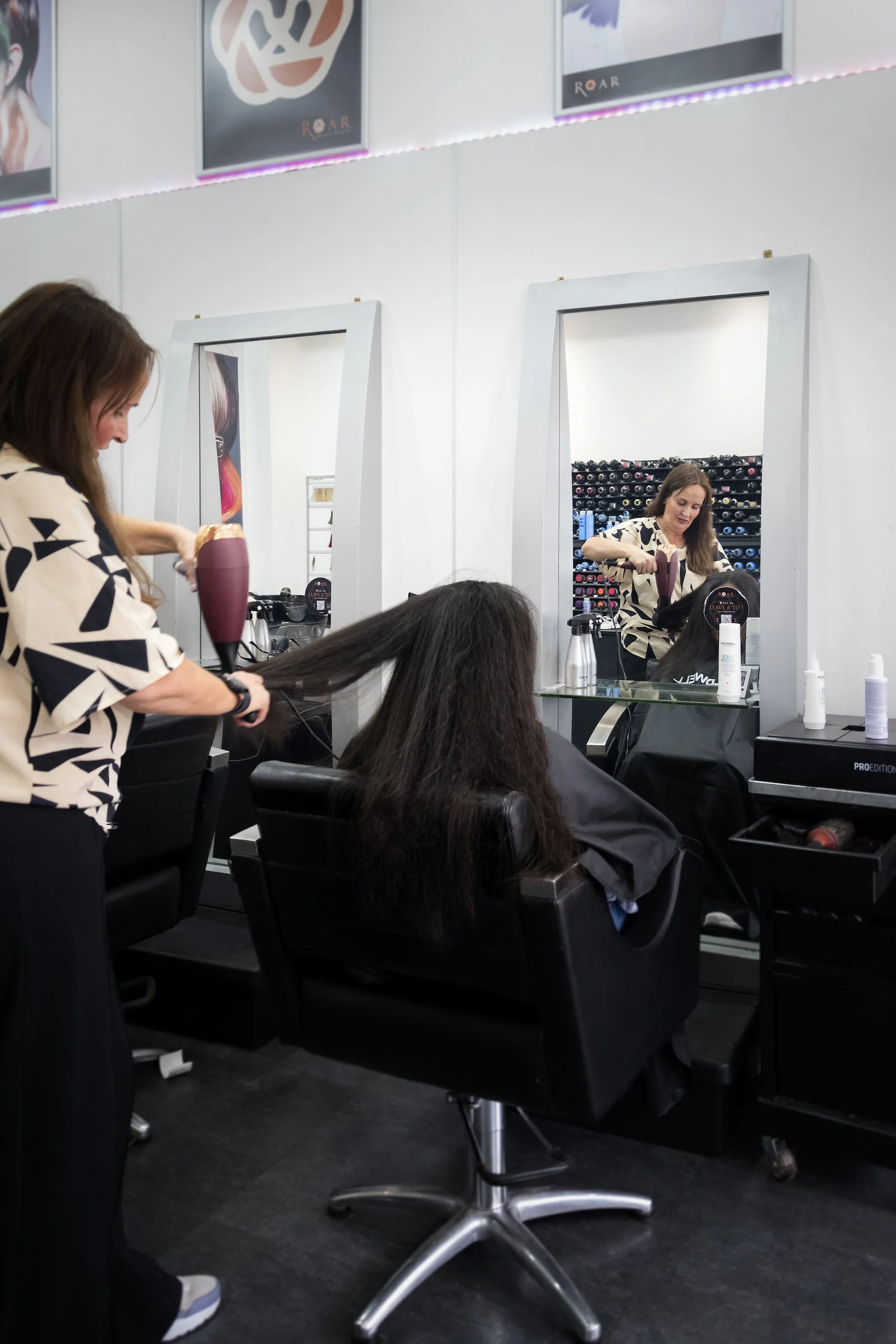

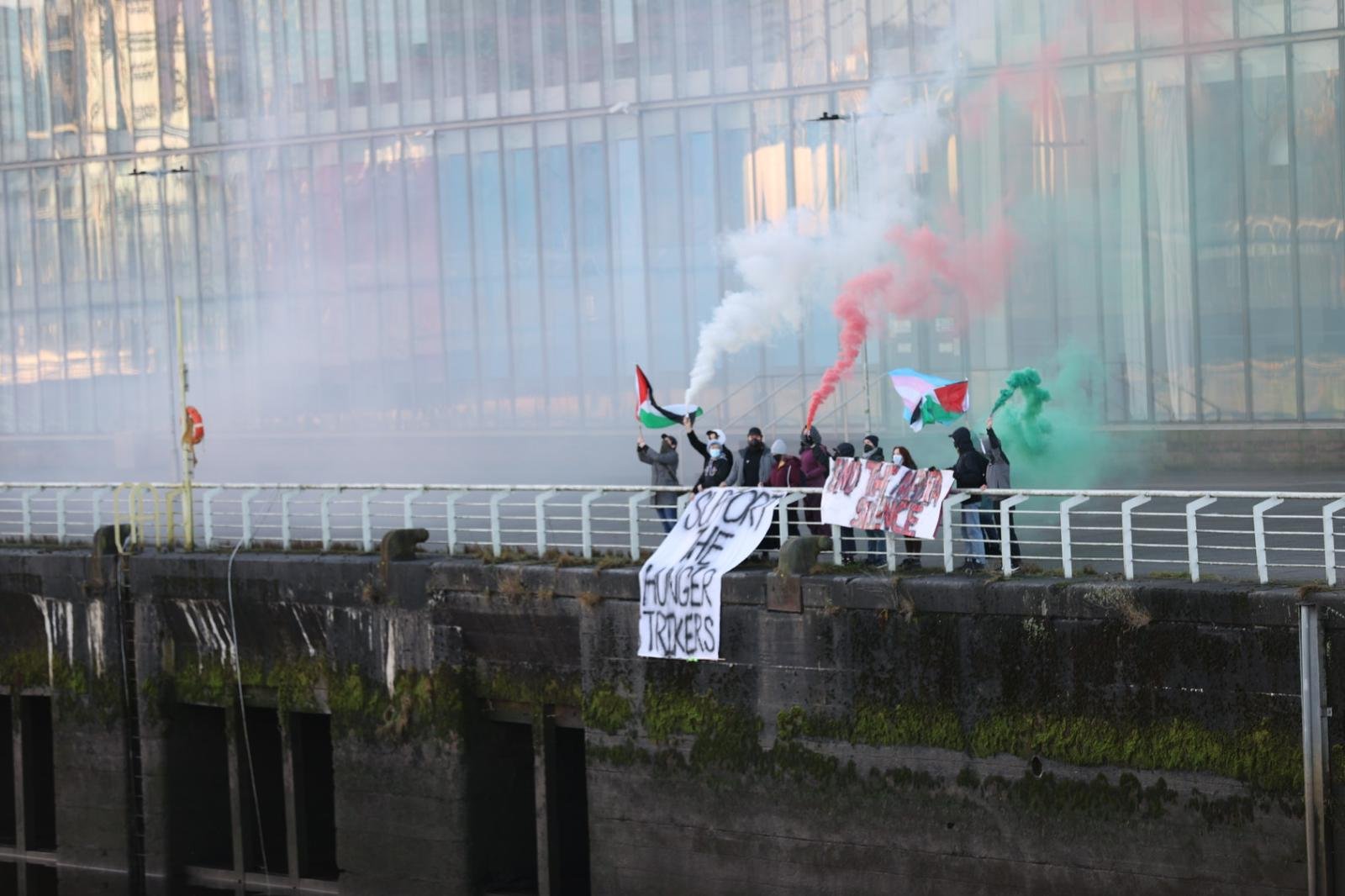


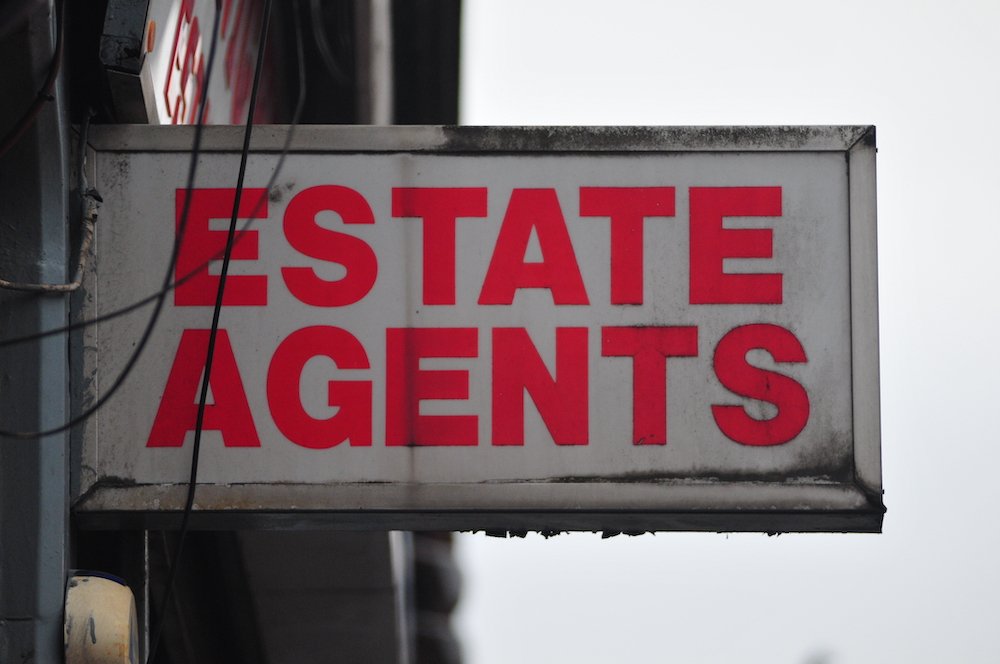


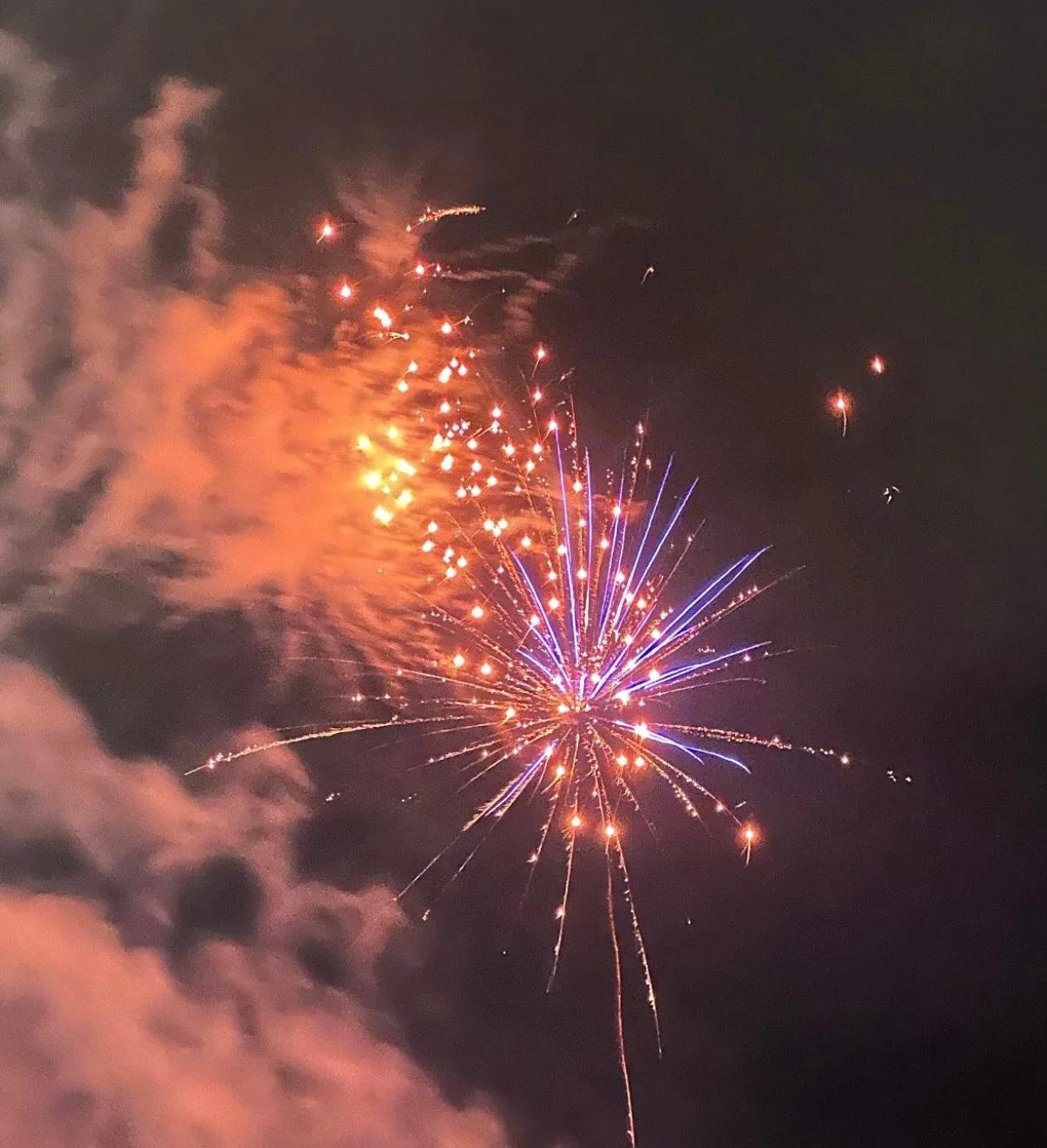








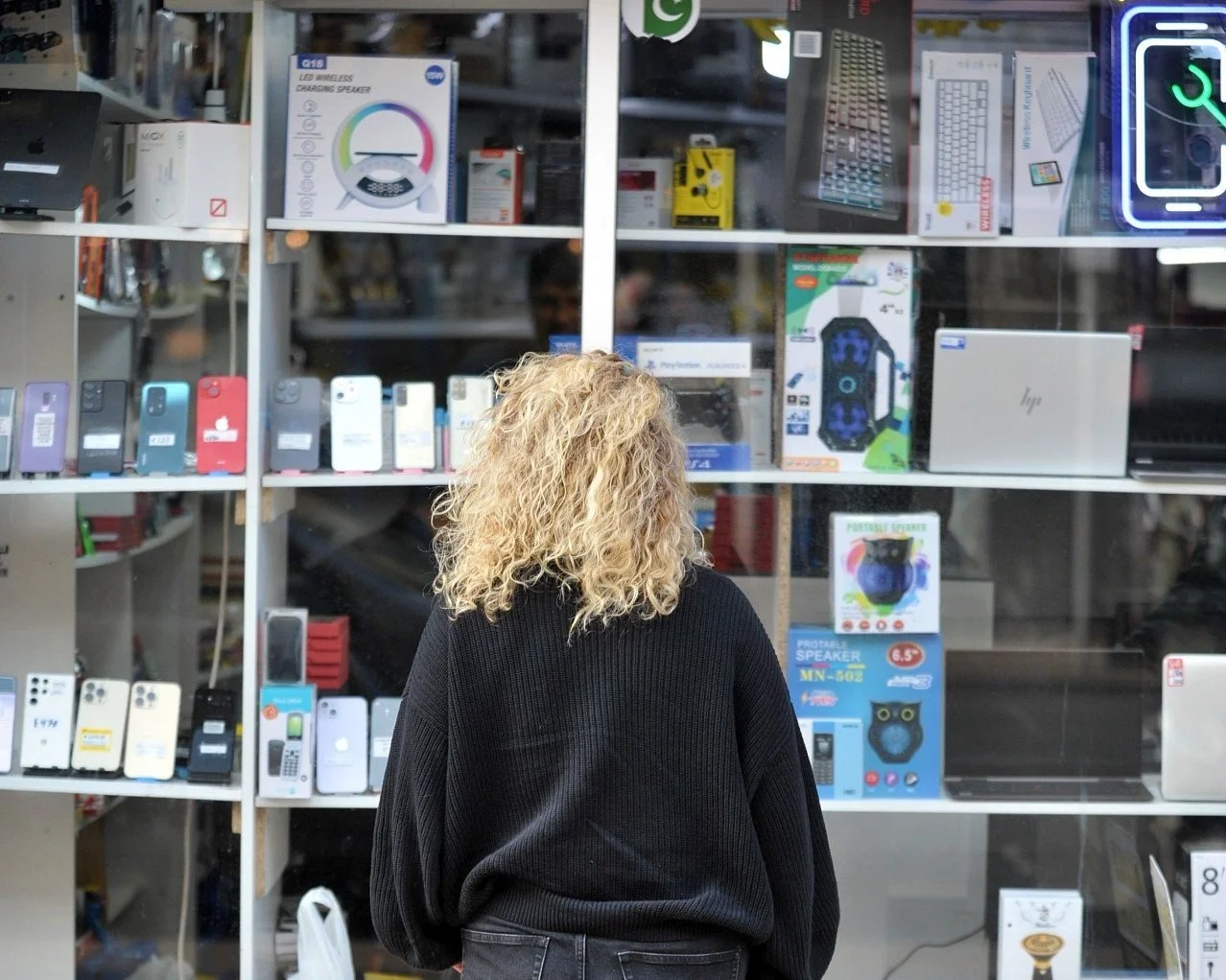
Tell us, what are the big issues in 2026? We are building a Citizens Agenda for the Holyrood election this summer and we need your help to do that. It’s as easy as responding to a short online survey.